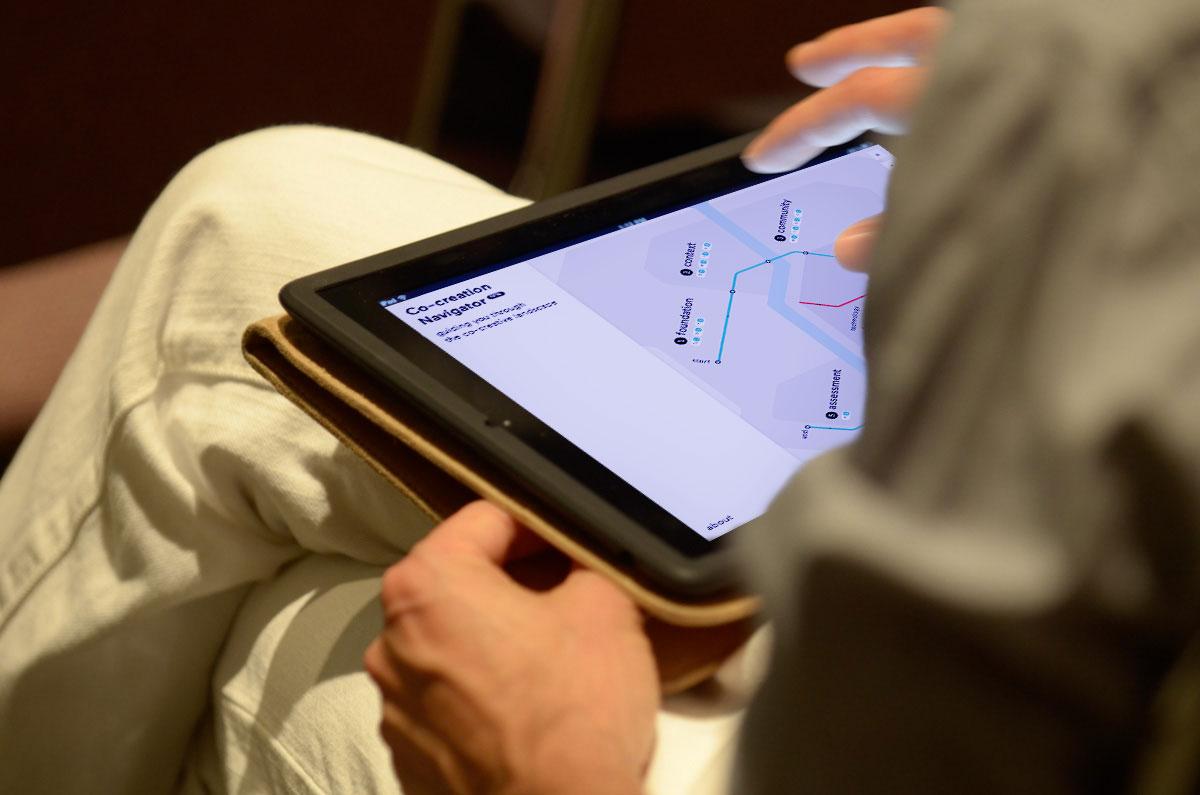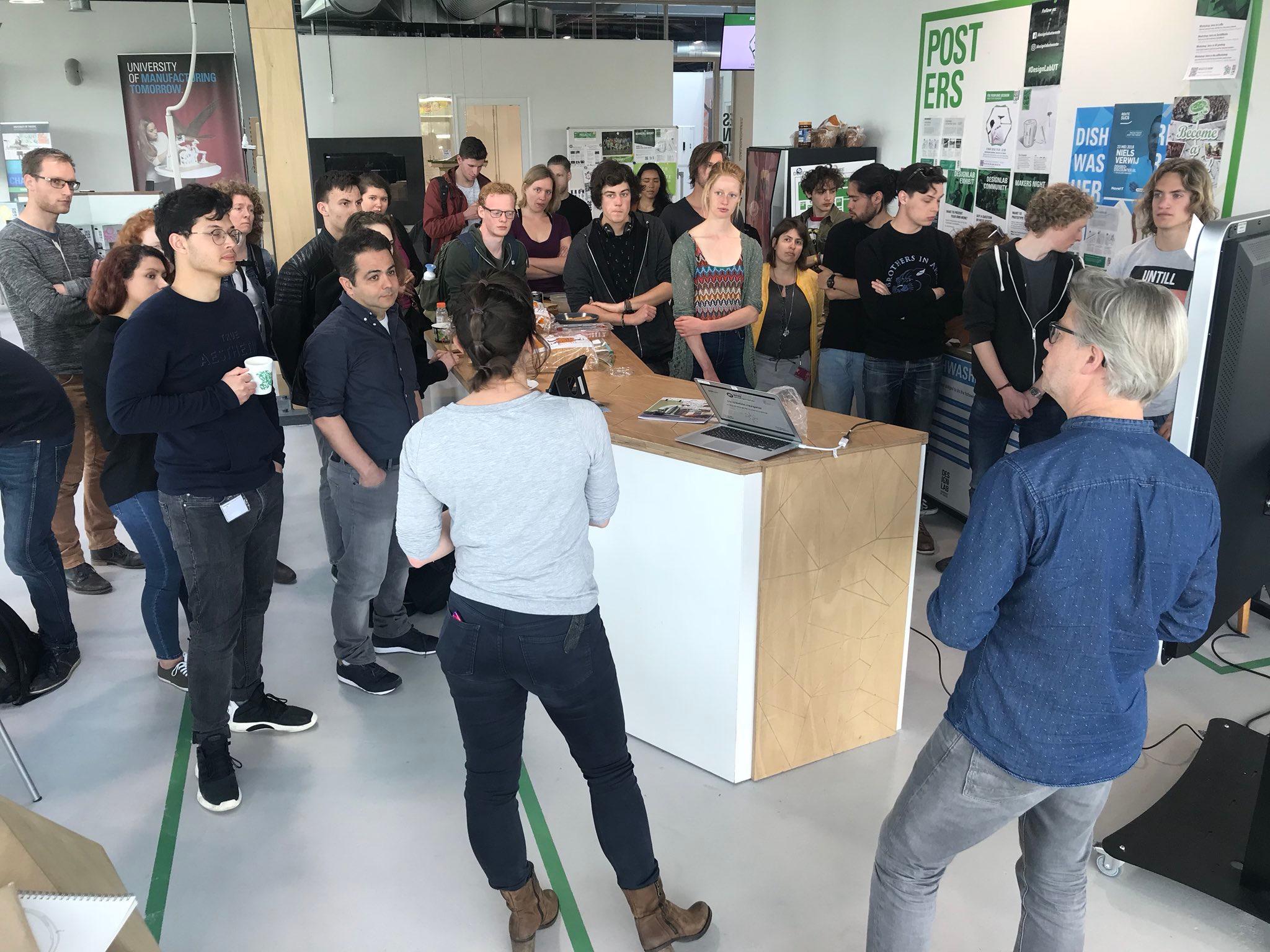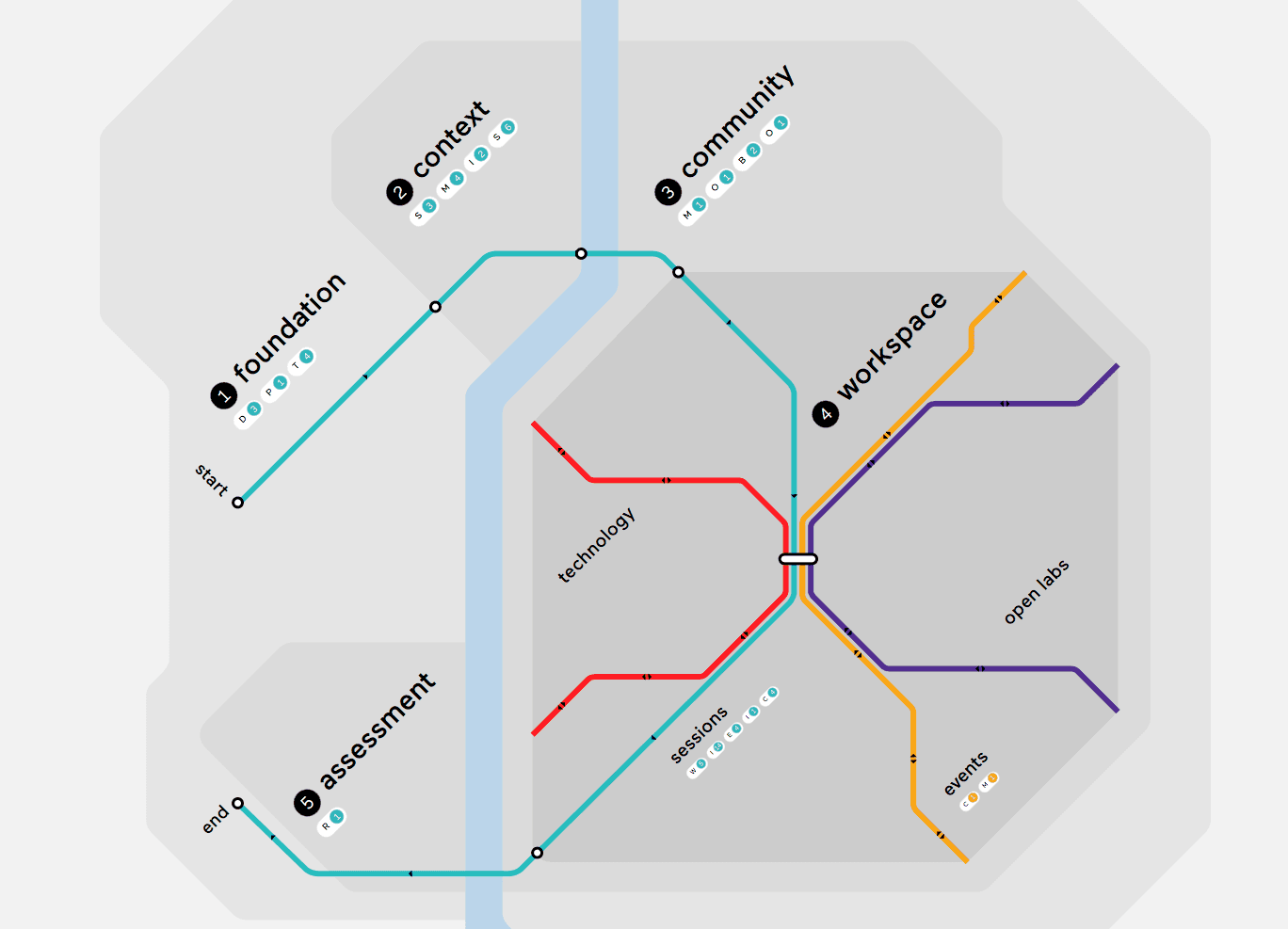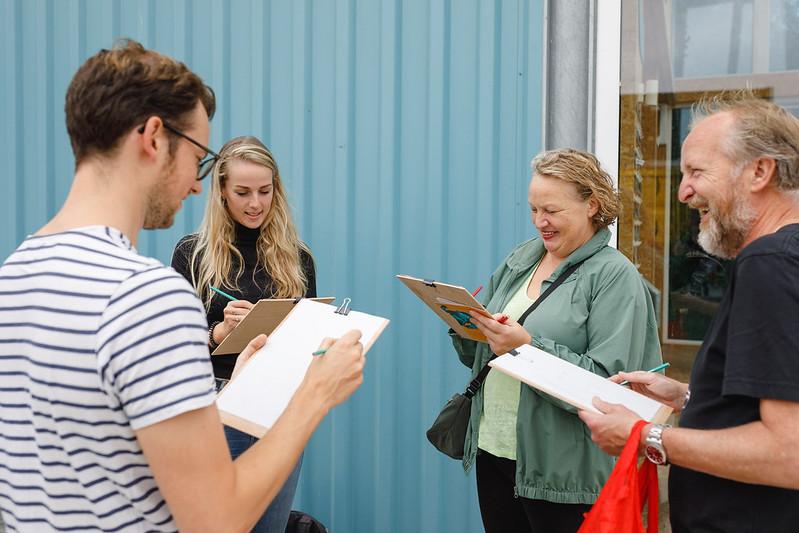For quite a while, we have been sharing our vision on co-creation, human-centred-design, design thinking – in our case 'users as designers'. We facilitate co-creation sessions and processes for museums, municipalities and companies, and we transfer our methods in (European) projects like BigPicnic, Cities-4-People and Mobility Urban Values to educators, program makers and policy makers.
Co-creation is grounded in a practical approach: working with (real) people to get to a shared solution for the issue you have proposed. But to be able to do that you do need some theory, context and explanation – which can become quite abstract, quickly.
To help ground these abstractions, we started mapping the process of co-creation as a whole. We use that overview as an anchor for our train-the-trainer sessions and to share our vision more easily. This overview of the process has resulted in an interactive platform, or application, that we have called the co-creation navigator: a visual representation of the co-creative process, with, in each phase of that process, references to tools, methods and best-practices that can support its facilitation.
In the current version, which is the first beta, the Co-creation navigator presents two (surprisingly) new contributions:
- the navigator gives an overview of the entire co-creative process;
- the navigator is not yet another toolbox, but it references other external (re)sources that are most fitting for use in a specific phase of the process. With that, the navigator offers an ever growing and open repository of well-curated tools and methods.
But this is just the beginning.
We try to improve this interactive platform for knowledge development and exchange in an iterative way, with our end-users close-by and involved.
In each phase of the co-creative process there are new things you need to be mindful of. Do you have clear understanding of your audience or potential co-creators? Do you share the same objectives with your colleagues? Do you know how you monitor your progress? Do you have the mandate to make certain (design) choices? Etc. You can talk about that and warn people beforehand, but the best way to understand how to answer these questions is to experience them first hand. That is why we are firm believers in the learning-by-doing approach when teaching co-creation, so that you get the right coaching at the right time, not just when it is convenient to give it.
This custom coaching is relatively easy to provide in a face-to-face training session. But how can you achieve this when you don’t know who your ‘students’ are, and where they are in the process, as is the case in an online environment? To help answer this question, we are now developing and testing a coaching script with our students, alumni and peers. Eventually we hope that this coaching element will allow people to learn and experience co-creation in their own time, with their own case at hand. Plus, it will help document the (choices made in the) process so that people can revisit them when needed.
In the meantime, we are already sharing this beta version of the co-creation navigator with our students, peers and colleagues in the field, so that we can get as much feedback as possible from those people that are actually dealing with co-creation.
With that in mind, Dick van Dijk and I visited the DesignLab of the Technical University in Enschede. The DesignLab is a creative and cross-disciplinary ecosystem connecting science and society through design. Here, students from multidisciplinary backgrounds work together to come up with innovative solutions for societal challenges – an ideal context to introduce the co-creation navigator. We discussed the concept of co-creation with about 30 interested students and faculty members from the DesignLab, and showed our current version of the navigator. All students, and other interested people, were invited to explore the navigator and give us feedback whenever they wanted.
The next beta-version of the Co-creation navigator is planned for the beginning of June. Between the current version and the second one, we will implement some improvements on the interface based on the feedback from the partners in Cities-4-People and our direct peers, while also adding new features that will enhance the navigation. We will host a mini-co-creation session during the upcoming partner meeting for Cities-4-People at the end of May in Hamburg, which will also inform us to make the most fitting decisions for the optimisation of the platform.
You are welcome to start using the co-creation navigator as guide in your co-creative process. We are open to your input and feedback so feel free to contact us.



